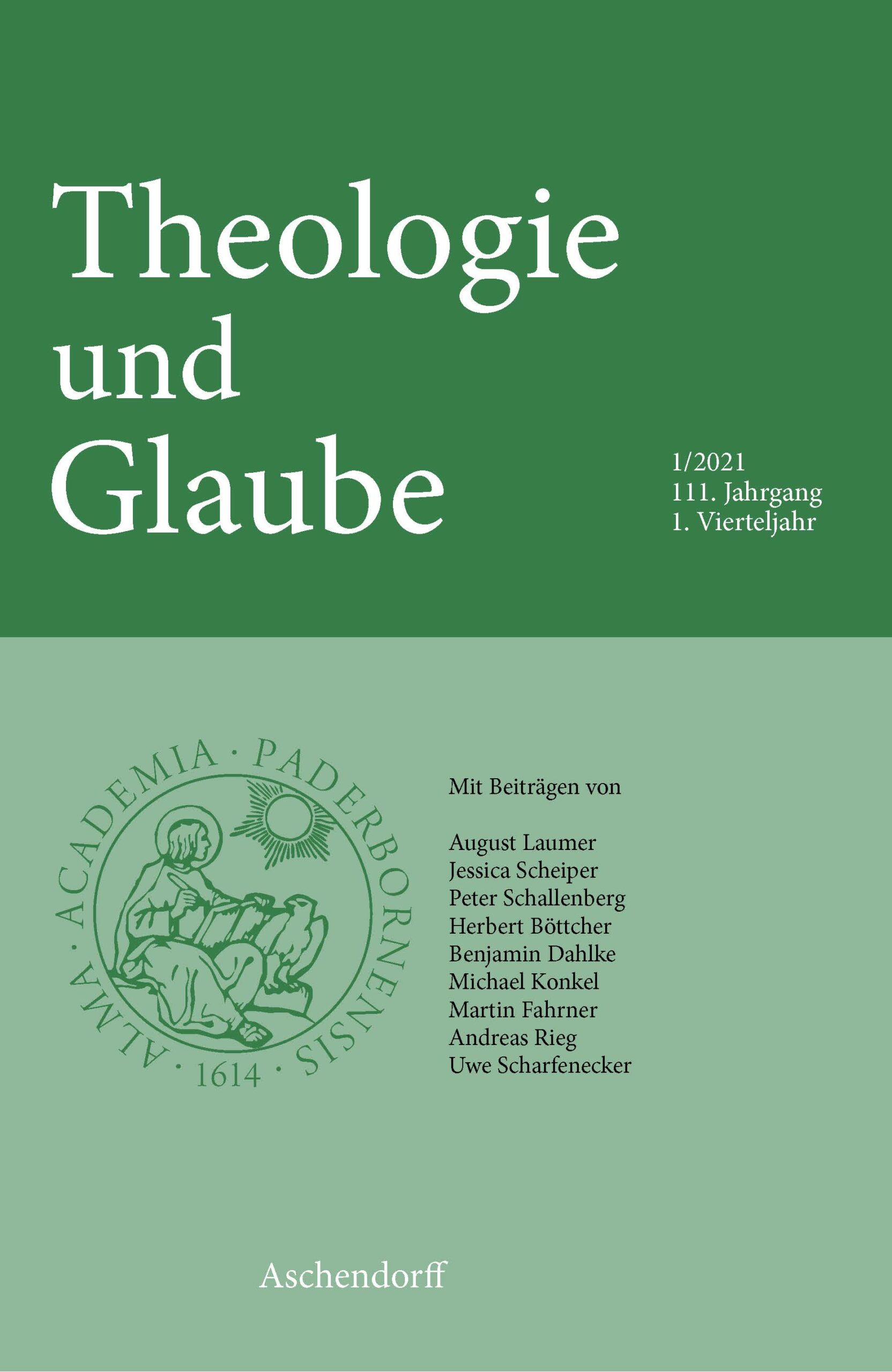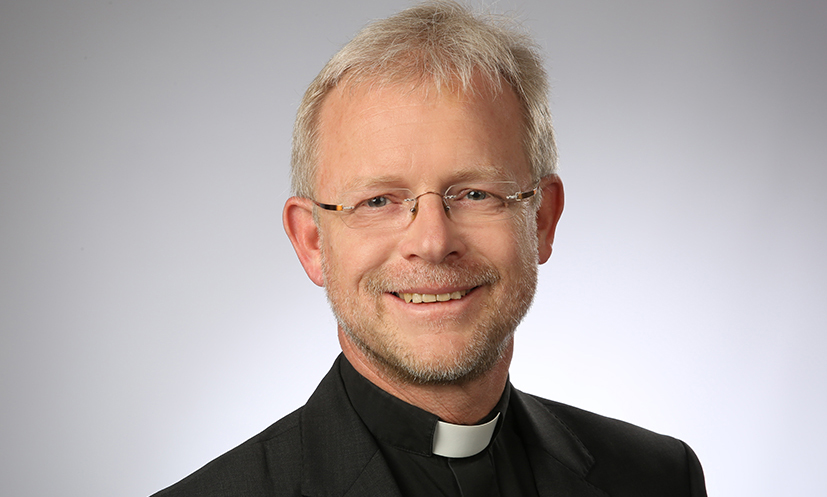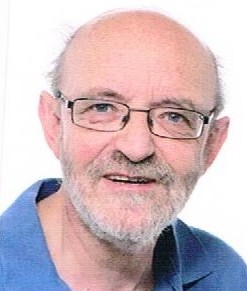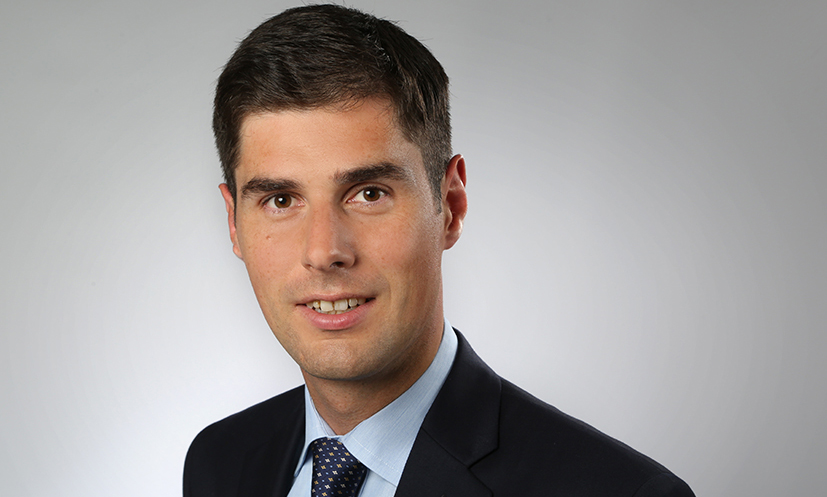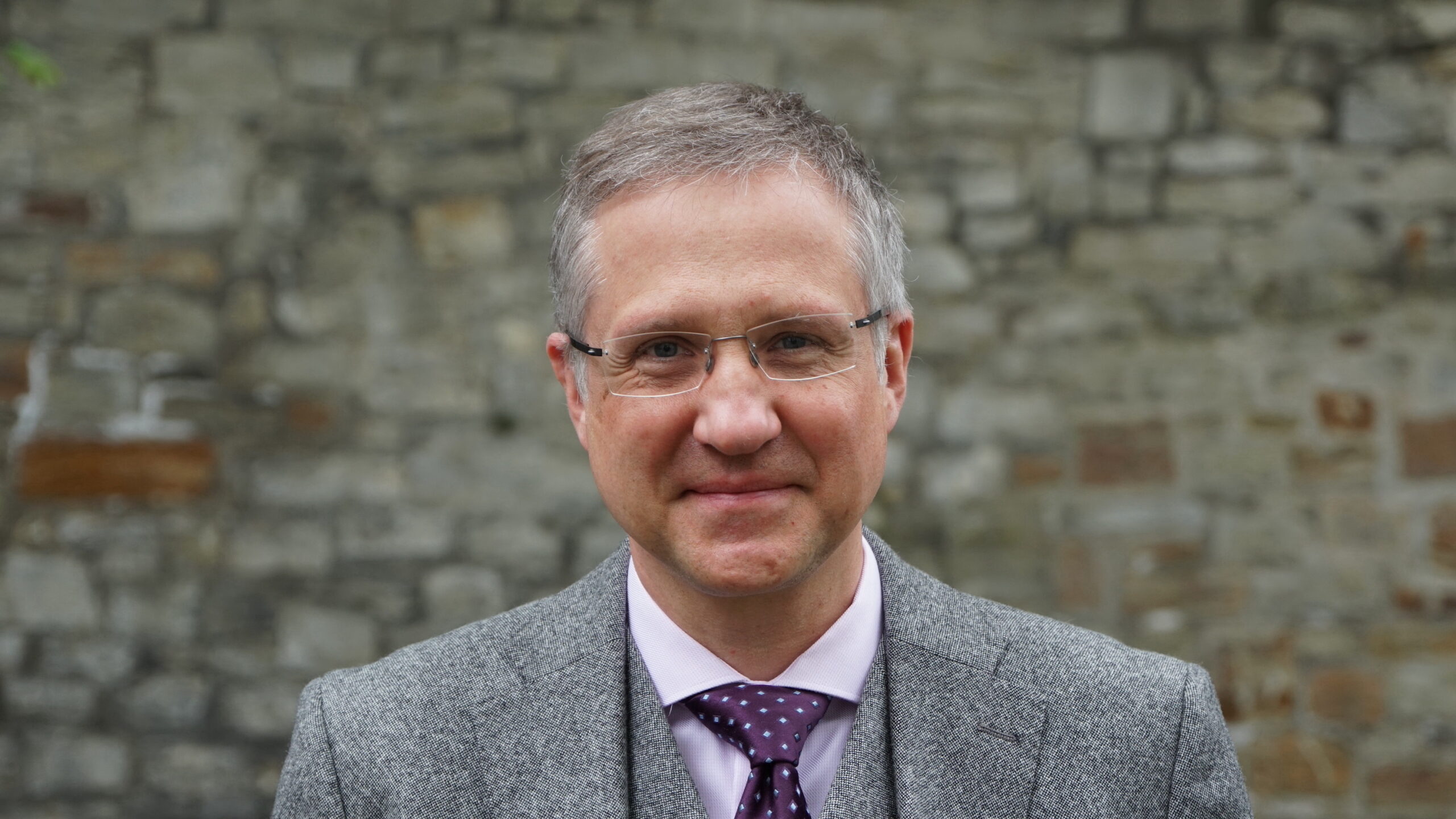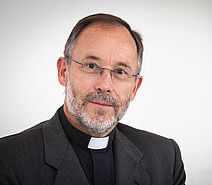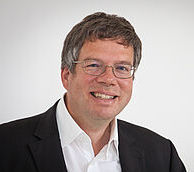S. 16–34
DE: Seit 70 Jahren wurden zahlreiche zum Katholizismus konvertierte vormals evangelische Pastöre mit Dispens von der Zölibatsverpflichtung zu Priestern geweiht. Da es sich bei der Zölibatspflicht um ein rein kirchliches Gesetz handelt, steht es dem Papst frei, Dispensen zu gewähren. So könnten etwa auch sogenannte viri probati zu Priestern geweiht werden. Von katholischen Kandidaten wird jedoch ausnahmslos die Berufung zur Keuschheit in der Ehelosigkeit erwartet. Die Spannung ist deshalb deutlich: Einerseits sollen ausschließlich zölibatsbereite Männer die Weihe empfangen, andererseits werden Männer zu Priestern geweiht, die sich offenkundig nicht zur Ehelosigkeit berufen fühlen.
EN: For 70 years, numerous protestant pastors who converted to Catholicism have been ordained priests with dispensation from the obligation of celibacy. Since the obligation of celibacy is a merely ecclesiastical law, the Pope is free to grant the dispensation. Hence, the so-called viri probati could be ordained to the priesthood as well. However, Catholic candidates are expected to be called to chastity in celibacy without exception. The tension is obvious: On the one hand, solely men who are ready for celibacy are supposed to be ordained, on the other hand, men are being ordained who obviously do not feel called to celibacy.

